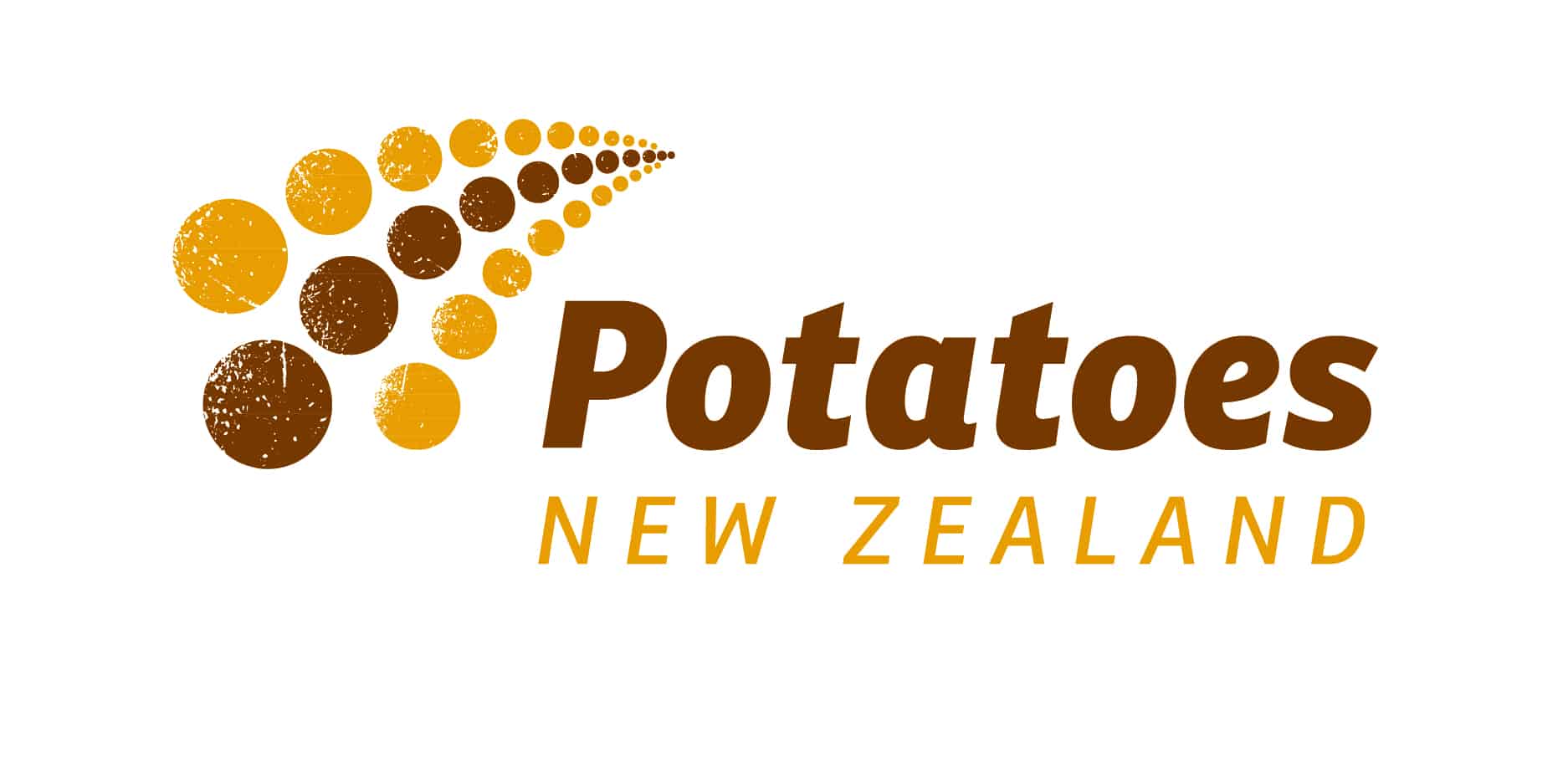By Niki Bezzant
I like to listen to RNZ’s Country Life programme on Saturday morning. It is a well-put-together slice of rural life, and a great way to learn about the fascinating people growing food in our beautiful country.
The other morning I heard that farmers are feeling ‘under attack’.
I take this to mean farmers of animals, rather than those involved in horticulture. And indeed, it’s not hard to see why meat and dairy farmers in particular are feeling challenged in ways they never have been before.
The pressure comes from the growing talk about the convergence of issues around human health and planetary health that have been really hitting a tipping point this year.
We’ve had several large pieces of research, including an alarming report in the journal Nature, spelling out how, as a planet, we are going to have to change what and how we eat in order to be able to feed all the people who’ll be alive in a couple of decades’ time. If we don’t make significant changes, that report said, we are going to struggle to sustain ourselves by as soon as 2030. As I hope to still be around then, this got my attention. Chief among those changes was the need for much of the planet to shift towards a far more plant-based diet.
We’ve also had the controversial EAT-Lancet report; the first attempt to come up with a diet that’s good for human health as well as the environment. Again, this report focused on the need to cut – quite drastically – our meat and dairy consumption and eat mostly plants.
And most recently was the Intergovernmental Panel on Climate Change (IPCC) report on how land use contributes to climate change and how climate change affects the land. This massive report, compiled by 107 scientists from around the world who analysed 7,000 studies, looks into the interplay between climate change and sustainable land management, food security, desertification, land degradation (including extremes like floods and droughts), and land-based greenhouse gas sources and sinks.
The report highlights what we know: land is a critical resource. It outlines how climate change will affect land use – with millions of people living in areas which have turned or will turn into desert, and millions more who will lose their land to sea level rise.
It also highlights that the dynamic between farming and climate is a two-way street. While deforestation and farming account for 23 per cent of human greenhouse gas emissions, farmland will also face widespread soil degradation as the planet warms, which may mean we can’t grow enough food to feed the planet – exacerbated by increased risk of floods and droughts.
Once again, there is a call for changing how we eat, because doing so – on a global scale – will mean we use land more efficiently and with lower emissions.
“Some dietary choices require more land and water, and cause more emissions of heat-trapping gases than others,” said Debra Roberts, Co-Chair of the IPCC Working Group II.
“Balanced diets featuring plant-based foods, such as coarse grains, legumes, fruits and vegetables, and animal-sourced food produced sustainably in low greenhouse gas emission systems, present major opportunities for adaptation to and limiting climate change,” she said.
Those farmers – of any kind of food – who are feeling attacked, should take heart from this comment. Because in New Zealand we are pretty good at innovating, and we’re also getting better and better at producing food sustainably. Most food producers I know are embracing that challenge – and opportunity – to do what they do even better and more sustainably. It’s really just a fact of life now. If you’re growing any kind of food – animal or vegetable – and you’re not thinking about sustainability, chances are you won’t be in business too much longer.


